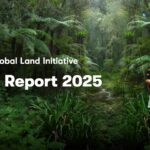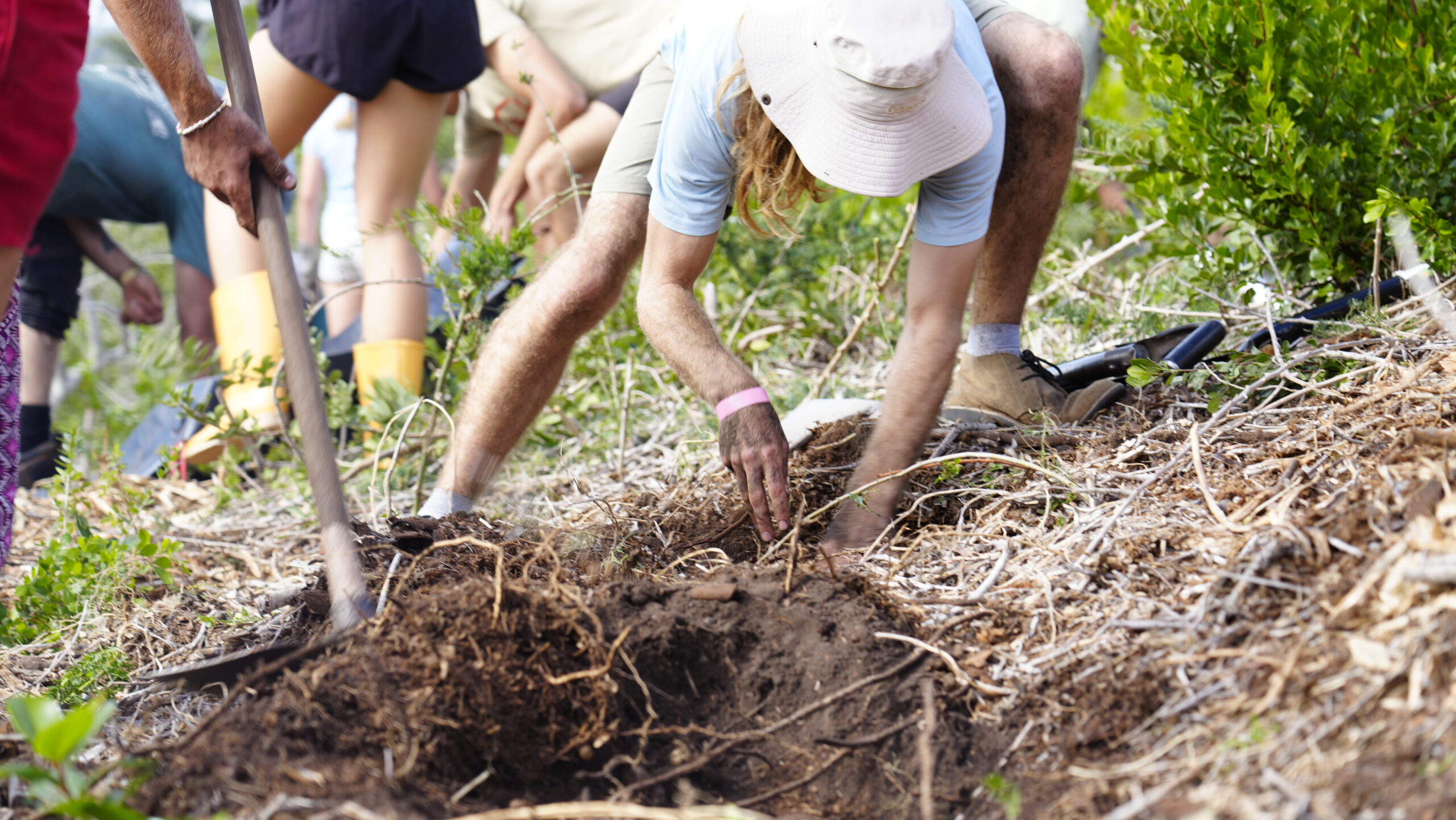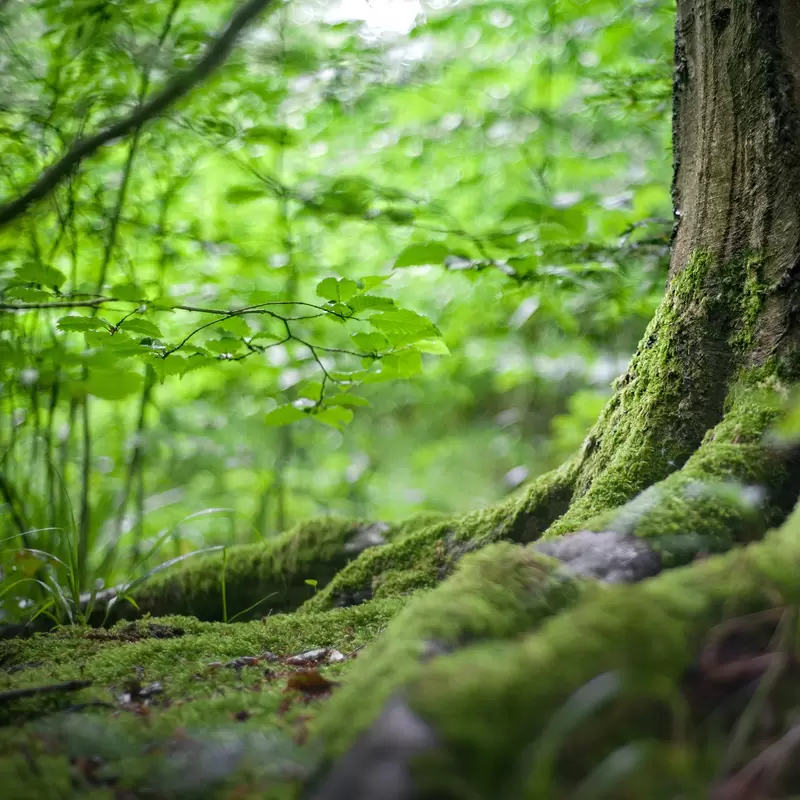Averting a dangerous future for our children

Bonn, 28 February 2023: We often see commentators flippantly wave their hands around when discussing global warming against a context of a one, two, three or four degree temperature rise.
Yet humans can withstand a fever of only one to three degrees rise in body temperature and then only for a short time. A four degree temperature rise by 2100 would drastically endanger more lives and landscapes.
Dr Tony Simons, Senior Fellow, G20 Global Land Initiative, cautioned us all to be less flippant about climate change and its interdependent processes of land degradation and biodiversity loss.
For perspective, he cited two more examples.
First, the epoch when trees first evolved. Global temperatures were ten degrees hotter than today and concentrations of carbon dioxide, the gas most responsible for global warming, were ten times what they are today.
Second, a two-degree temperature rise may not seem significant. But it is alarming when every one degree rise in temperature leads to a 10 per cent increase in lightening strikes and a 7 per cent increase in atmospheric moisture.
A dramatic image of one night’s time lapse lightning strike on lake Maracaibo in Venezuela was a stark reminder. Lake Maracaibo receives lightening strikes of up to 300 nights per year.
Simons gave these examples to show the real and dangerous threats our children will face if we delay or fail to take major actions to curb climate change. He highlighted the policy actions and practical steps land restoration offers to help change course.
Simons was speaking at a Brown Bag Seminar held Thursday, 23 February 2023, at the United Nations Campus, in Bonn, Germany.
The event was organized by the G20 Global Land Initiative Coordination Office, hosted by the UN Convention to Combat Desertification.
Dr Simons’ presentation focused on five areas:
• land management cross multiple scales
• land use and management
• the top 10 land diagnoses in international contexts
• land health – problem focus or solution focus
• Resources for land restoration at scale
The ambition of the G20 Global Land Initiative is a 50 per cent reduction in degrading land by 2040.
The international community, through various initiatives, has made voluntary commitments to restore close to one billion hectares of land by 2030.
In December 2022, the countries that are party to the Convention on Biological Diversity agreed to “ensure that by 2030 at least 30 per cent of areas of degraded terrestrial, inland water, and coastal and marine ecosystems are under effective restoration, in order to enhance biodiversity and ecosystem functions and services, ecological integrity and connectivity.”















